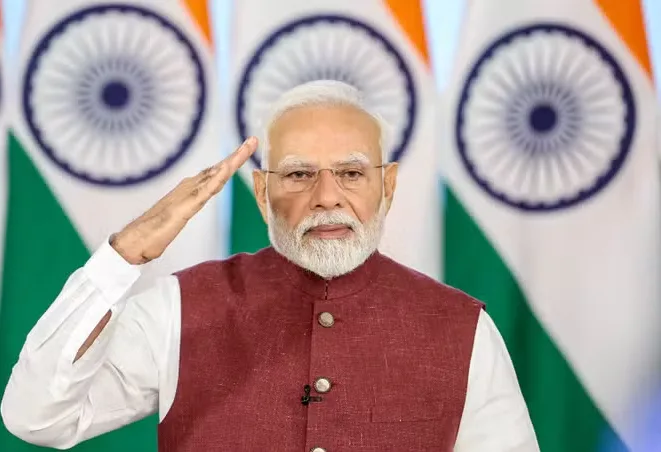Indian Prime Minister Narendra Modi will visit China later this month to attend the Shanghai Cooperation Organization (SCO) summit, his national security adviser Ajit Doval confirmed Tuesday during a meeting with Chinese Foreign Minister Wang Yi in New Delhi.
Modi is expected to travel to the Chinese city of Tianjin for the summit, which opens on August 31. This will mark his first visit to China since 2018.
“Our prime minister will be visiting for the SCO summit,” Doval said during the meeting, noting a renewed momentum in diplomatic relations. He spoke of “new energy” in bilateral ties between the two Asian powers.
Chinese Foreign Minister Wang Yi, speaking through an official translator, emphasized the significance Beijing places on Modi’s upcoming visit.
“China attaches great importance to Prime Minister Modi’s participation in the SCO summit,” Wang said. “History and reality once again prove that a healthy and stable China-India relationship serves the fundamental and long-term interests of both countries.”
Wang is also scheduled to meet with Modi later on Tuesday.
Despite ongoing geopolitical tensions and a deadly border clash in 2020, the two countries have recently taken steps to rebuild ties. India and China—Asia’s two most populous nations—remain strategic rivals vying for regional influence across South Asia.
India is also a member of the Quad security alliance alongside the United States, Australia, and Japan—an initiative widely viewed as a counterbalance to China’s growing presence in the Indo-Pacific.
Amid shifting global dynamics and trade disruptions, particularly following former U.S. President Donald Trump’s tariff war, both India and China have sought to recalibrate their relationship.
During talks on Monday with Indian Foreign Minister Subrahmanyam Jaishankar, Wang stressed the importance of reframing the bilateral relationship.
“The two countries should view each other as partners and opportunities, rather than adversaries or threats,” Wang said.
AFP


